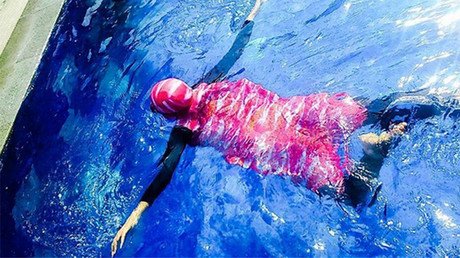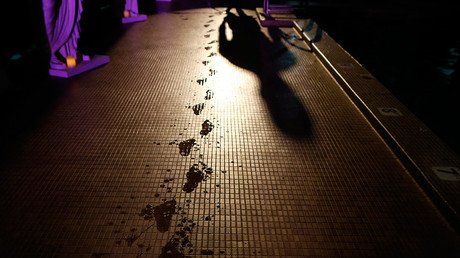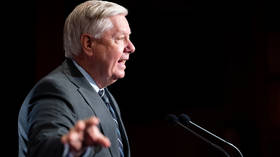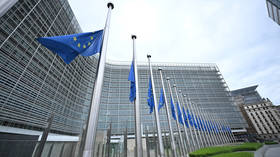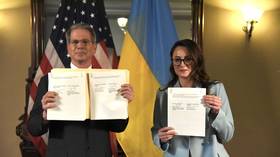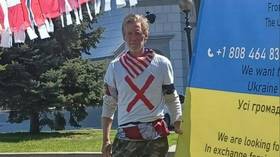Austrian town bans women in ‘burqinis’ from swimming in public pool

Wearing “burqinis,” a modest piece of swimwear used by some Muslim women, to a public pool has now become illegal in the Lower Austrian town of Hainfeld. The local council has adopted stricter dress code that was introduced by the far-right Freedom Party (FP).
“In respect to the bathing rules, we are completely pleased with the adopted variant. From how the text [of the guidelines] has been now formulated, it can be ensured, that no person wearing a burqini can enter the pool,” said Peter Terzer, a FP member and town councilor, who triggered the controversial ban, according to the local NÖN.at.
Justifying the new bathing guidelines’ wording, he said the ban was based on sanitation grounds, so the water in the pool would be in accordance with hygiene requirements.
The ban was backed by Hainfeld’s mayor, Albert Pitterle, who said the decision should not be considered as extraordinary as it as in line with the existing bathing rules.
“Nothing in particular has prompted the ban, however, the bathing rules have been in place for decades already,” he told Krone.at. daily.
Last month, a similar ban was introduced by the public pool in the German city of Neutraubling, following complaints by a fellow woman visitor. The woman opted for a full-body swimsuit during a women-only day in the pool.
The choice of the attire did not go well with the town’s mayor, Heinz Kiechle, who said it “contradicts the basic idea of integration and mutual recognition which is always being discussed in many towns.”
READ MORE: Refugees banned from Austrian pool after ‘foreigner’ sexually assaults teenage girl
Apart from outlawing full-length swimming attire, Terzer was advocating tighter security at the pool, citing the reports of women allegedly being sexually assaulted by migrants in Austrian swimming pools, which had already prompted some leisure facilities to ban the male refugees altogether.
In the most recent case, authorities of the Austrian town of Mistelbach, also in Lower Austria, had issued a temporary ban on all refugees following the sexual harassment of the 13-year old teenage girl by a young “dark-skinned” man, supposedly an asylum-seeker from nearby shelter facilities.
The local officials had posted a sign in English reading “today no entry for refugees” in the wake of the incident.
READ MORE:Austrian swimming pool off-limits to ‘unaccompanied refugees’ amid child rape outrage
“My main concern continues to be the safety of the female bathers”, Terzer told NÖN.at, adding that it will be “fundamentally wrong” to turn a blind eye on the facts out of “political correctness,” referring to the “numerous incidents” in swimming pools across the country.
However, the argument was lost on the mayor, who insisted the additional security measures would be excessive as the small size of the pool let it to be supervised by one person.
“Our lifeguard ensures security and is instructed to report every incident,” he added.
The sexually-related offenses allegedly committed by refugees in the EU, fleeing war in persecution in Middle East and North Africa, have been making headlines all over Europe since last year as the refugee crisis intensified with over a million of refugees pouring into Europe last year.
In March, the Austrian Interior Ministry reported a spike in sex attacks, saying they have reached peak numbers not observed for many years before with 12 such crimes on average being registered every day.
However, the focus on refugees` complicity in the crimes might have offered a distortive prospective on the issue. According to the data, only 25 out of 343 sex-related offences at that time were linked to asylum seekers with 175 to Austrian nationals.
